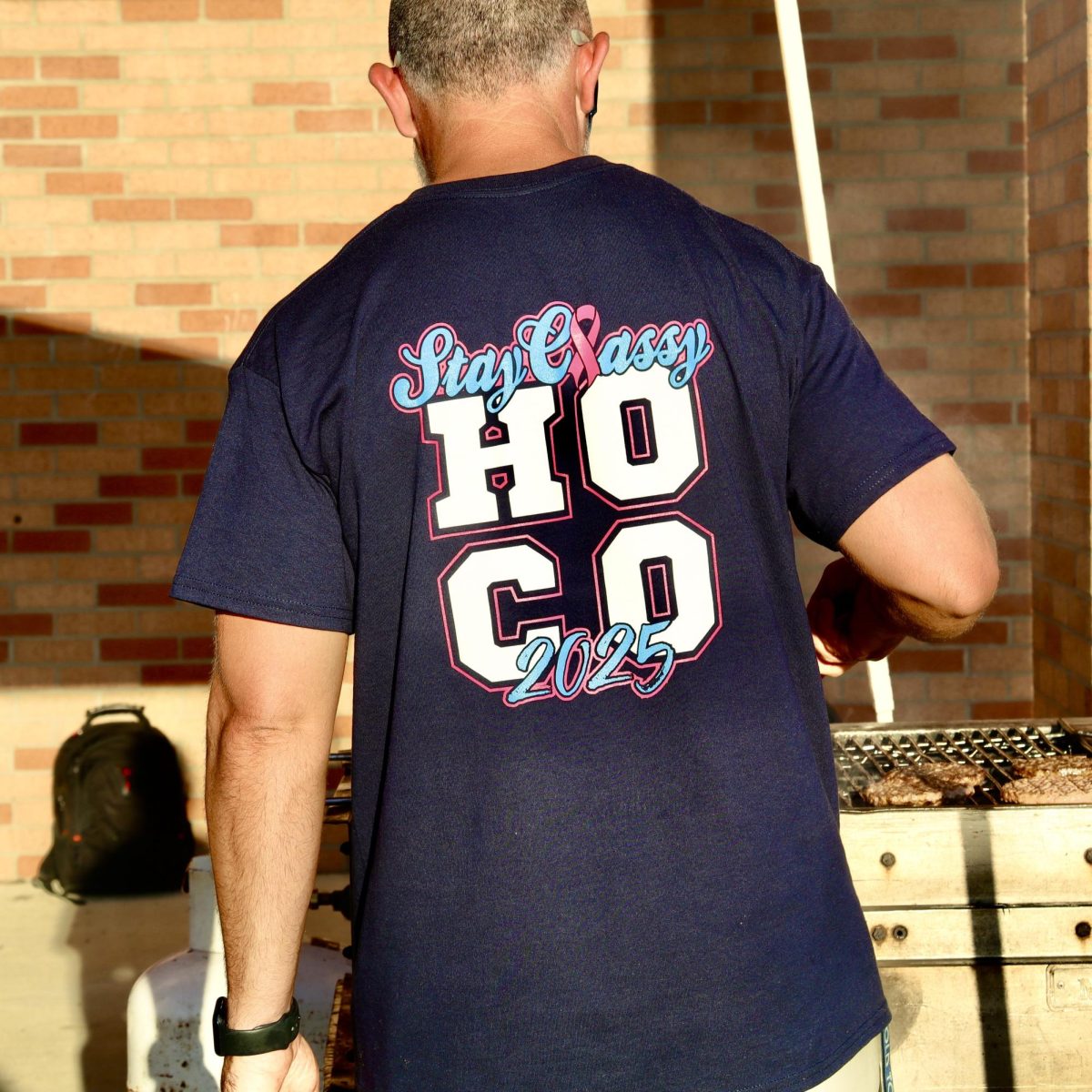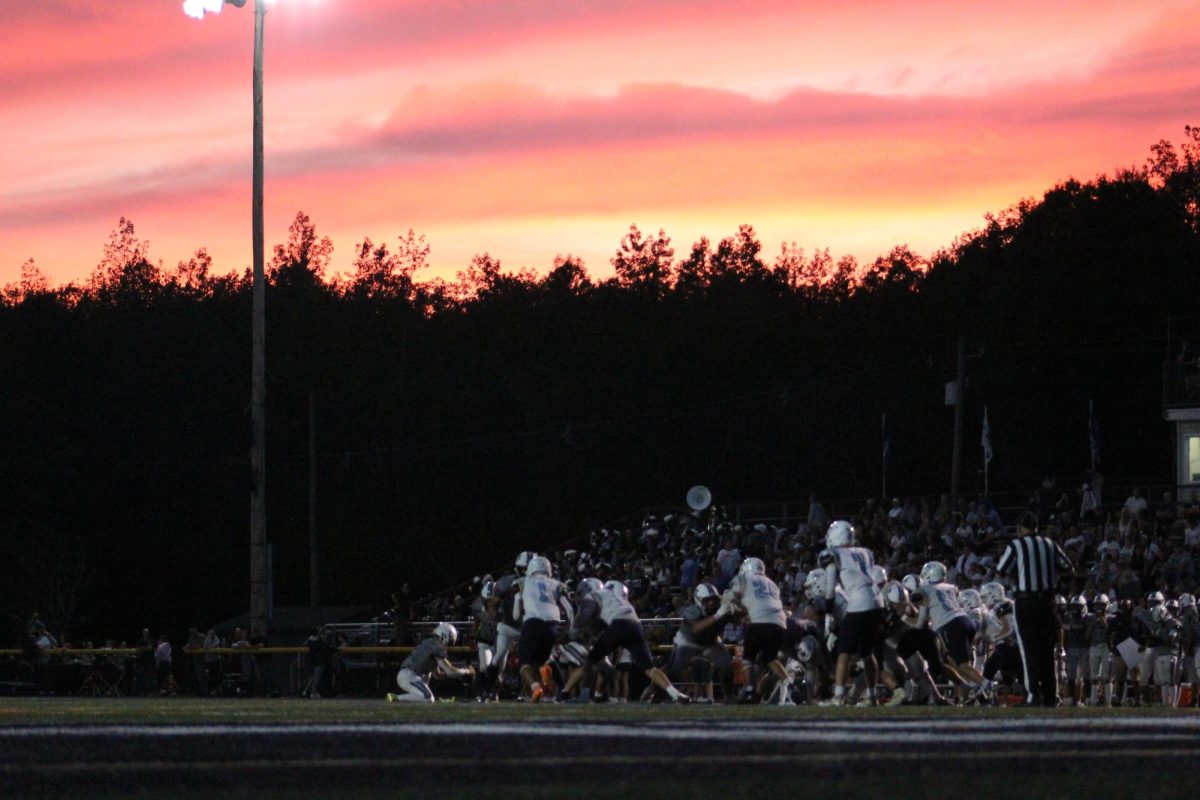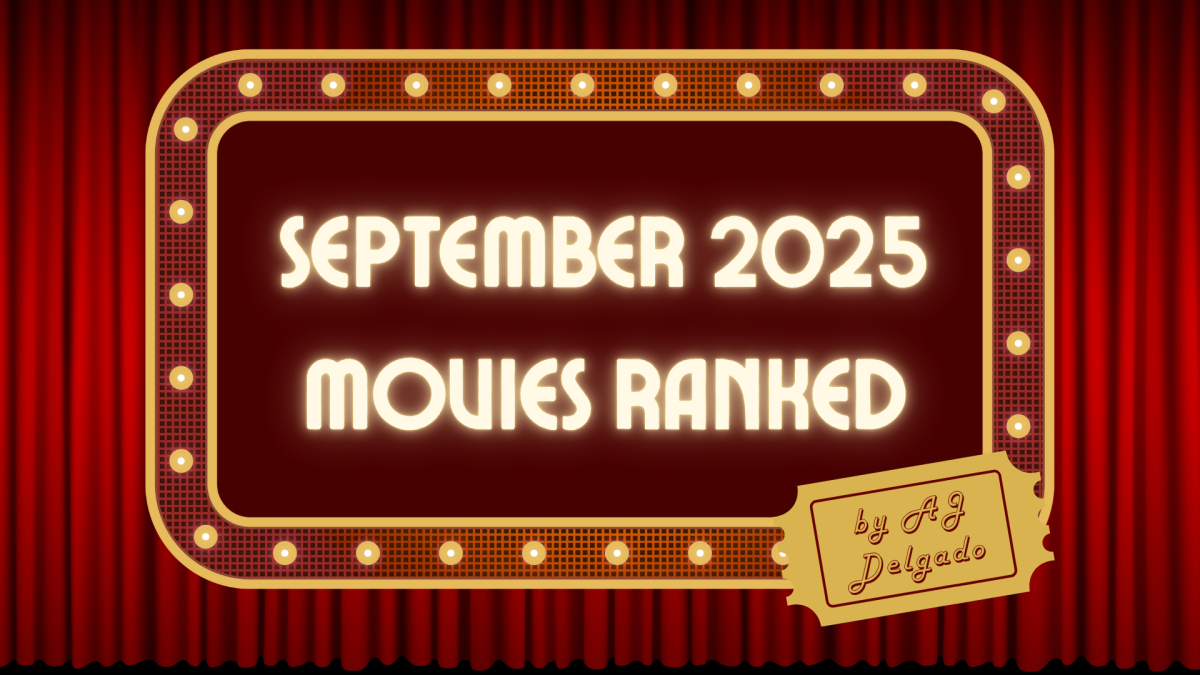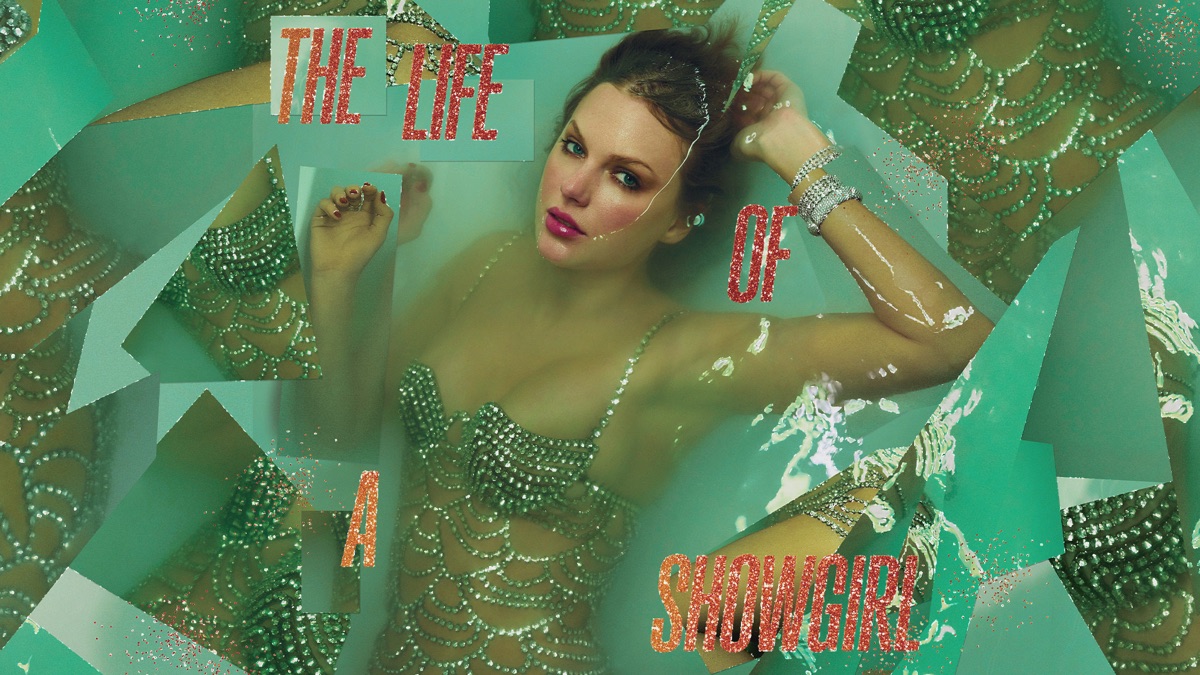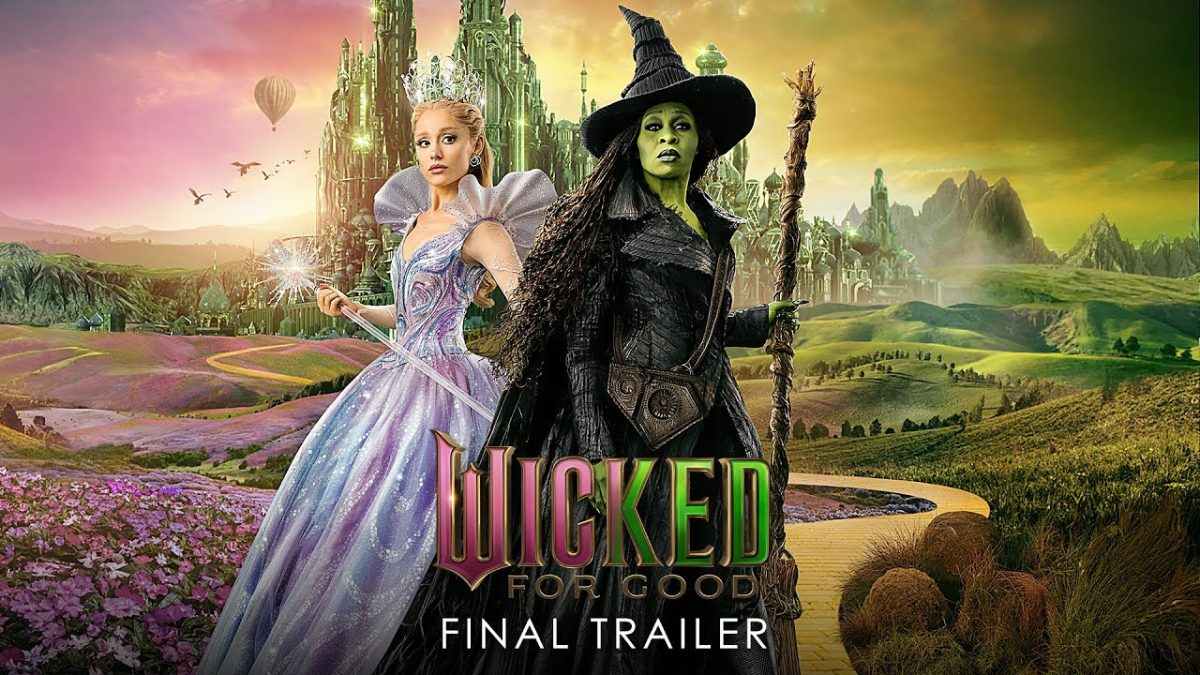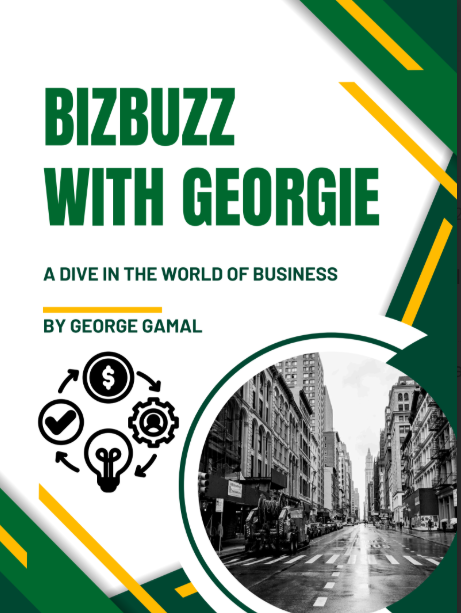Forgotten Hits of the Past: “Waltzing Matilda”
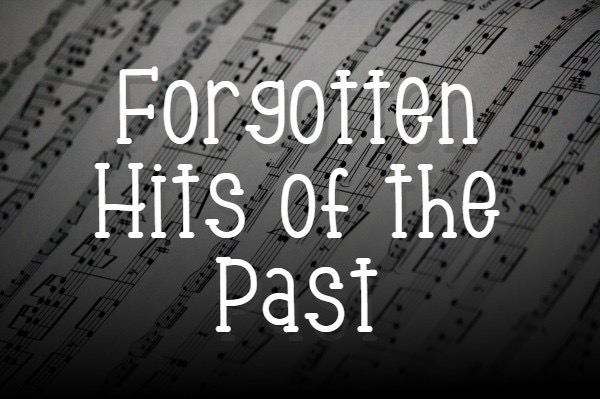
December 18, 2020
“G’day everyone”. Since the beginning of this column, I’ve only covered songs that were created during times of war. Today, we will stray from the norm as we take a good gander at “Waltzing Matilda,” a traditional Australian song that is typically cited as the nation’s unofficial anthem. In order to properly pay homage to this Aussie classic, I will be making sparse, yet noticeable use of Australian slang throughout the article. I have consulted my only Australian friend in order to get authentic slang for this article. Worry not my friend, and concerned onlookers who are already familiar with the brutality of Australian dialect, I will tone it down so that this stays PG family friendly clean, and more so that I do not get “cancelled”, as many avid Twitter users may say.
Before we begin, I would like to clarify that “Waltzing Matilda” is not a forgotten hit of the past. It is only being reviewed in this column because of how it is being forgotten. It could be said that the song’s popularity “has been dropping like a bag of bricks in a lake”, which is to say it’s not doing the dandiest.a A quick search for “Waltzing Matilda” on Google Trends shows that the popularity of the song has been steadily dwindling worldwide from its peak in 2004. Even in Australia, the song’s hearth, its popularity has been slowly dwindling as well, from a Google peak interest score of 100 in 2005, to a mere interest score of 14 in November 2020. The song is being featured not because it is forgotten, but because it is on the path to becoming forgotten, and it is important that awareness for such historic songs such as “Waltzing Matilda” be raised.
“Waltzing Matilda” has a very deep history behind it. Its lyrics were written in 1895 by Banjo Paterson, who was a poet and journalist at the time. The lyrics came to Paterson as he was visiting a relative’s homestead in the Australian country. Many sources suggest the idea that the lyrics are somewhat of a summary of Banjo’s time at the homestead, where they experienced many parallels to the events described in the song. It is also said that the song is a reflection on the state of Australia from the time the lyrics were written. The song’s tune is a variation of “The Craiglee March,” composed by James Barr nearly a century before the lyrics were written.
The song tells the story of a “swagman”, or pauper, roaming the Australian wild in search of food and comfort. Eventually, the swagman finds a spot under a coolibah tree, a tree native to the Eastern Australian ecosystem. He settles under the tree as he patiently waits for his “billy” to boil. “Billy”, in this situation, refers to a can of water from which tea shall be made. As the swagman is awaiting his billy to boil, a “jumbuck,” or sheep, comes within his vicinity. Noticing the opportunity, the swagman then kills the jumbuck and takes its meat. Remember, the swagman is impoverished and food is likely difficult for it to find, which is why the swagman feels justified in his decision to kill the jumbuck. He then stuffs the jumbuck’s remains into his “tucker bag,” or pouch for storage. As the swagman is relaxing under the coolibah tree, with his billy boiling, and a jumbuck in his tucker bag, a squatter, or land owner, approaches the swagman. The squatter is riding a thoroughbred, a type of horse, as he approaches the swagman. To the swagman’s dismay, he is on the squatter’s land, and the jumbuck he killed was owned by the very squatter before him. Angered by this, the squatter gets “troopers”, or authorities, involved. The squatter then says, “You’ll come a-Waltzing Matilda with me.” This is where the song’s title comes from. “Waltzing Matilda” is Australian strang for “wandering with your possessions in your bag.” Of course, the “Waltzing” refers to the act of wandering and “Matilda” is slang for the bag in which one’s possessions are stowed. The swagman is left with a choice. He can be taken away by the troopers and face trial, which would likely result in capital punishment. Otherwise, he could take drastic measures and take his own life. Either way, he would be killed. The swagman chooses the latter option, and drowns himself in the nearby billabong, a type of lake/waterhole.
While the song’s ending is rather grim, it accurately portrays the rebellious and defiant spirit of Australians against overruling authority. This is one of the reasons as to why the song has also seen major success in countries such as the United States and Ireland, which are both proud members of the “We seceded violently from the British” club. Even though the song is not the country’s official anthem, “Waltzing Matilda” is portrayed as such by many proud and patriotic Australians. This song has seen usage akin to a national anthem for some time now. For instance, when Australia experienced great hardships during the 2019-2020 bush fires, “Waltzing Matilda” was used as a rallying cry to embolden the suffering Australian populace. The song has seen usage during times of war as well, especially WW1 and WW2. “Waltzing Matilda” was commonly played as ships filled with brave and proud Australians pulled out of the port and sailed towards theaters of war to be met with moments of both triumph and sorrow.
The patriotic emotions that “Waltzing Matilda” draws from people are what makes the song so important. It is a culturally important song that must be preserved, and failure to do so will prove a major loss to Australian history and worldwide patriotic culture. In this time of tensions between Australia and other countries growing, it is important that Australians maintain the strong sense of national pride and patriotism that they have always held. Australia shines as a beacon of what is right in the Eastern Hemisphere, and must continue to do so despite the challenges that it is currently facing. Stay strong, Australia, and continue to resist foreign tyranny just as you always have.








